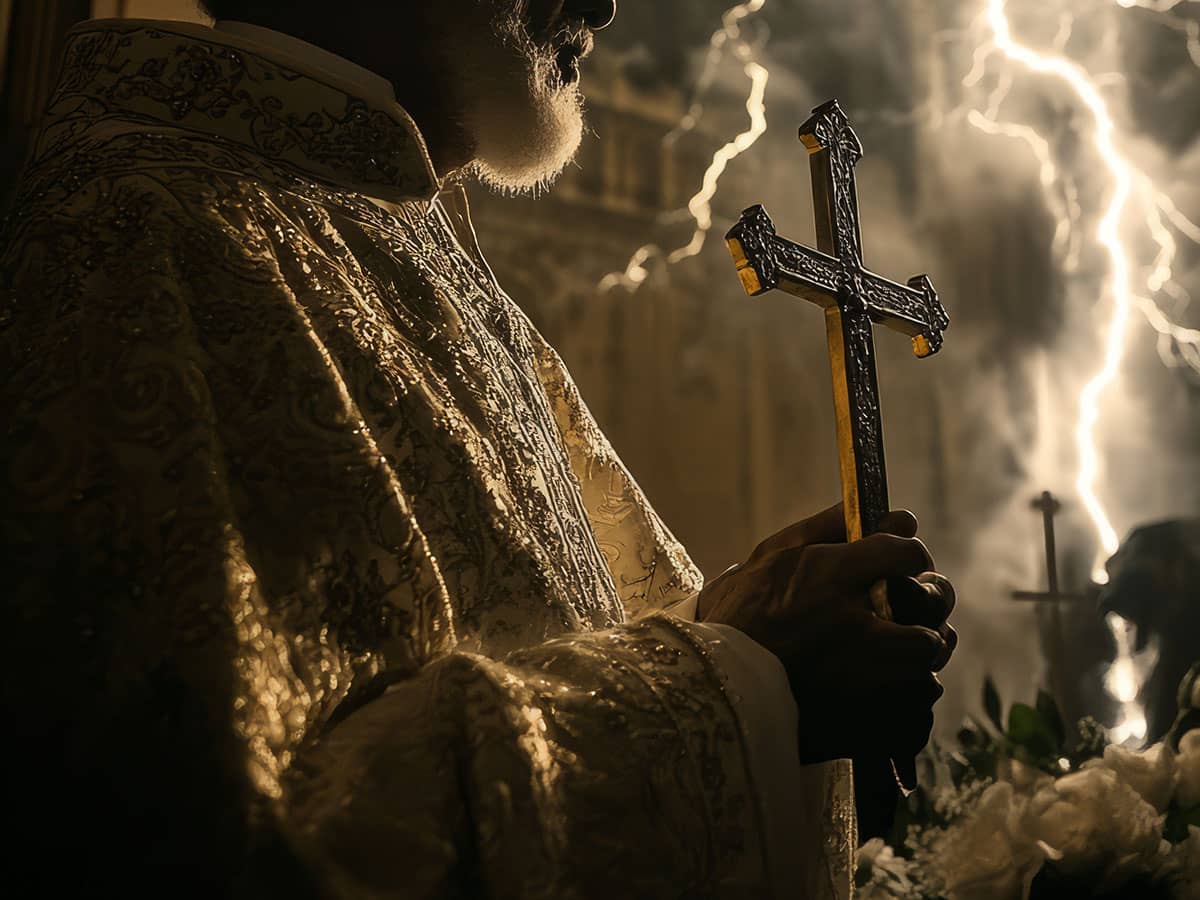 |
 |
 |
 |
|
| |||
 |
But as the bishops wrapped up their tumultuous summit with private prayers, they could point to a 3,500-word document that creates a national board to monitor their compliance with the policy, plus advisory panels dominated by lay people in each diocese to assess abuse claims.
The policy, approved overwhelmingly Friday, was forced by the worst moral scandal in the history of the U.S. church. Scores of victims have come forward with accusations of abuse at the hands of priests and striking indifference from church leaders. At least 250 priests have resigned or been suspended, and the scandal prompted an extraordinary summit between U.S. cardinals and the pope.
The sex abuse policy, titled ``Charter for the Protection of Children and Young People,'' is unprecedented in scope and ambition.
The attention-getter was the plan for dealing with priests who molest youths, past or future. Proven miscreants will not be formally removed from the priesthood - though some could be - but they will never again be active in church work.
``No free pass. No second chances,'' said the prelates president, Bishop Wilton D. Gregory. ``If you abuse a child, you will be stripped of your ministry, forever.''
The prelates also are obliged to reach out to their faithful.
Bishops must work within their communities to establish ``safe environment'' programs that protect children and they will be advised by review boards comprised primarily of lay parishioners. Confidentiality agreements are mostly barred; the policy says each diocese must ``deal as openly as possible'' with parishioners.
According to critics, that's not enough.
The review boards ``must have more power than just administrative services,'' said Michael Emerton of Voice of the Faithful, a Catholic lay group that claims 14,000 members nationwide.
He also said abusers will ``continue to be taken care of by Sunday collection plate collections'' and complained the policy doesn't hold bishops accountable for ``moving known sexual abusers from parish to parish.''
Catholics will find out in coming years whether that is true.
Oklahoma Gov. Frank Keating, a Catholic and a former federal prosecutor, was chosen by Gregory to chair a new National Review Board that will monitor bishops' compliance with the policy and oversee a broad investigation on how the church got to this sorry state.
Keating called the scandal despicable. He also said he would consider calling for the resignation of church leaders who fail to comply with the new policy.
``I am quite confident that the people on the commission will consider and possibly will adopt a very hard view of bishops who move errant clergymen from child to child,'' Keating said. ``It is disgraceful that it happened.''
Asked about Boston Cardinal Bernard Law, whose archidocese is at the center of the crisis, Keating did not call for his resignation but said ``I haven't been very impressed with the way he's handled those awful cases.''
The national crisis erupted when documents revealed Law allowed a serial pedophile to continue serving, despite parishioner complaints.
The policy leaves a host of particulars unanswered, including how much enforcement power local review boards will have and how to get religious orders - responsible for a third of the 46,000 U.S. priests - to adopt the new rules.
Another unknown: whether the Vatican will approve key parts of the policy to make them church law in the United States. That could take months.
Over the course of the three-day meeting, the bishops repeatedly said - and tried to show by having victims speak about the pain of abuse - that they now understand they're much to blame for the crisis.
But observers agreed the bishops have to stick with their reforms for the long haul if they hope to ever repair the damage done - and including the laity in decision-making is high on the list.
The Rev. Thomas Doyle, who has consulted with hundreds of victims on abuse claims, said the bishops' words will be ``worthless without consistent and hard-hitting action.''
``The bishops must cross the divide between themselves and the faithful, especially the victims,'' he said.
The Rev. Thomas Reese of the Jesuit magazine America said ``it could take 20 years to re-establish the credibility of the church in dealing with this. You need 20 years of no headlines.''
And in a speech in the opening session of the meeting, Notre Dame historian R. Scott Appleby warned the bishops even more starkly.
``I do not exaggerate,'' he said, ``by saying that the future of the church in this country depends upon your sharing authority with the laity.''

